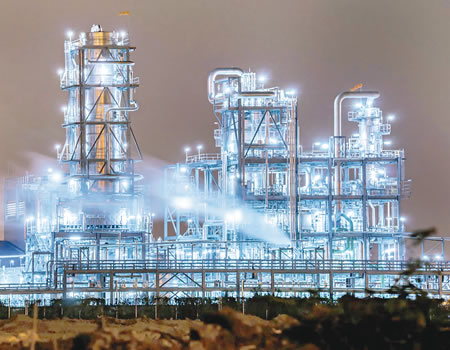Findings from his paper titled, ‘Health risks associated with Natural Gas Fracking and Transport’ revealed that areas in the United States where compressor gas stations were sited along the country’s expansive gas pipeline network, showed high concentrations of harmful gases including methane, formaldehyde, hydrogen sulphide that are associated with natural gas that had escaped into the atmosphere.
Furthermore, according to Professor Carpenter’s research findings, these chemicals are known causes cancer that will inevitably be inhaled by residents around such areas.
In an interview with Ecoscope he said that though the study was conducted in the US, it had implications for Nigeria where open gas flaring is rampant in oil production areas in the Niger Delta.
“The components are the same, whether it is small releases from compressor stations or large releases from open wells. There is benzene, there is formaldehyde, chemicals that cause cancer. And they are going to be breathed in by all the people that live nearby. This will affect the respiratory system because it irritates the nose and throat, affects the brain and causes mental illness and reduction in intelligence. This is very important and significant.
“It is just the order of magnitude. Your problem in Nigeria is greater than ours. It is a problem for us in the US as well. What comes out of the compressor stations may be smaller amounts than in Nigeria but it is the same chemicals,” said he, pointing out that variations in the gases were dependent on the rock formations where the oil is sourced.
To solve this, he said, “We are not going to get away from oil and gas use for many decades. But what we can do is to have better regulation. It doesn’t benefit the industry to have these gases escape. They are valuable. The governments need to force the industries to reduce the escape of natural gas. That, of course, will have some cost, but it’s also true that the cost in terms of health of the workers, the health of the people that live by these sites or the long-term health costs are, in general, much more expensive than it is to fix the technology that allows these gases to be released.”






